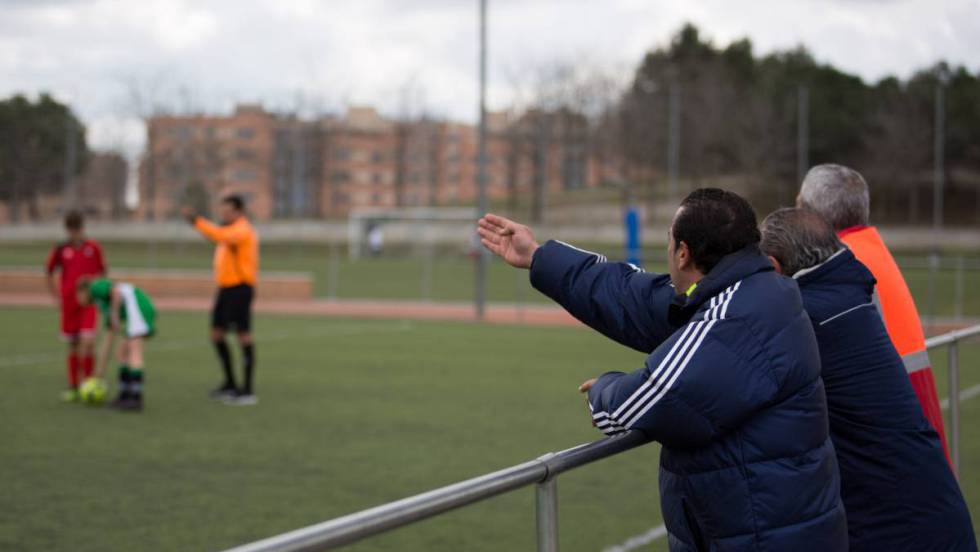Out of your abundance of love, most parents will always want to be involved in their child’s sporting journey. It is completely understandable for many parent’s to believe they have great influence over their child’s development in sports, but they must understand to not cross a point of strifling control. Your child’s performance in soccer involves four main people: the child, their coach, their teammates, and you. Are you comfortable knowing that you are probably the least important in this list? Let’s discuss your role vs the role of the coach.
Your Role
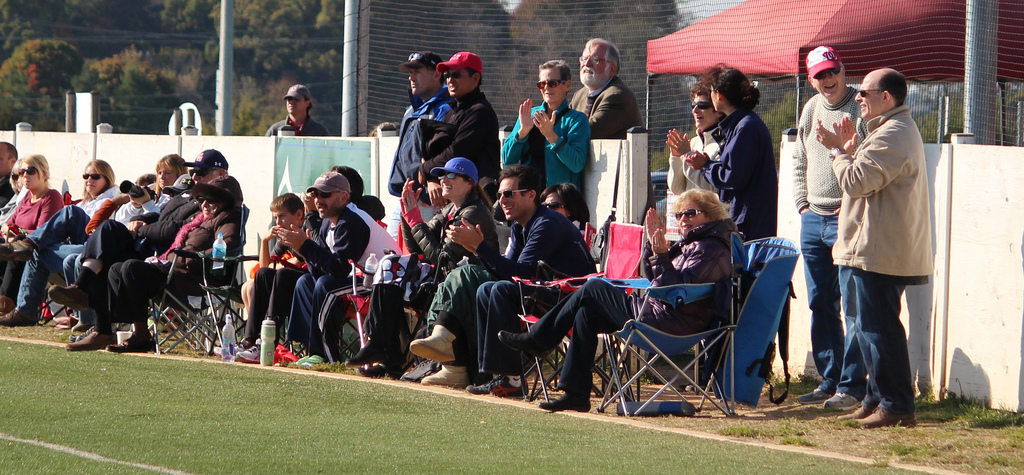
Since you are most likely not a former player or coach yourself, it is important you do not over impose your views on how your child should be playing the game. The first responsibility of a soccer-parent is to support your child unconditionally. Support can be in the form of driving them to practices and games, cheering on the sidelines, buying necessary gear, and to overall be available during their best days and worst days. Through these gestures, parents can still fully support their child and play a huge role in helping them reach their full potential.
There is a big difference between supporting your child in these ways versus telling them when to shoot, when to dribble, and how to pass. Parent’s responsibilities of their child while they play is not the same as those of the coach.
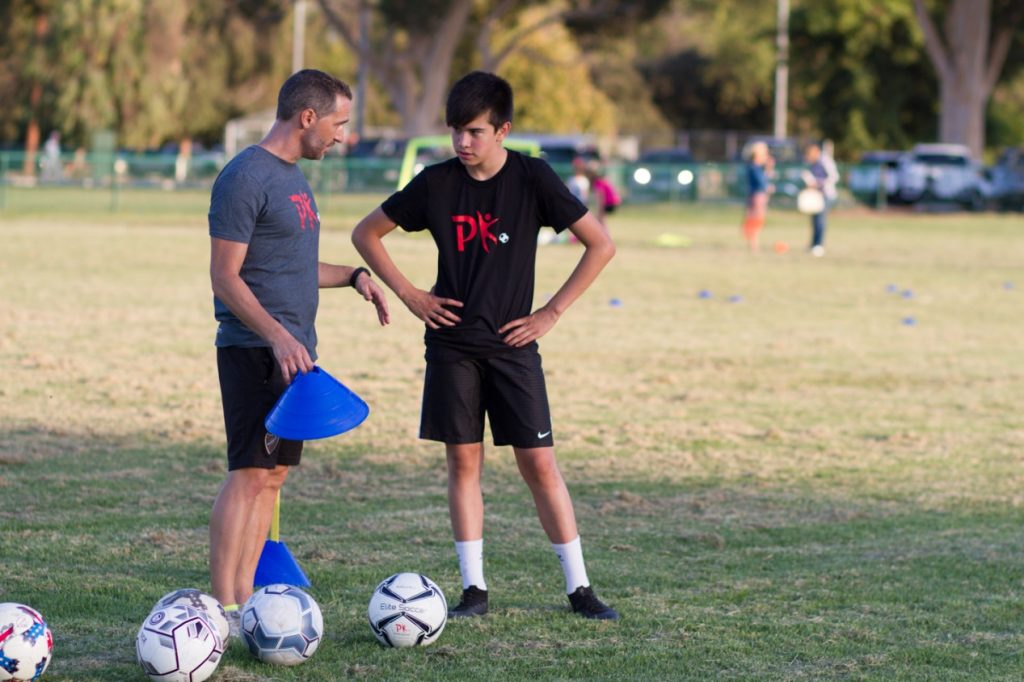
The Role of the Coach
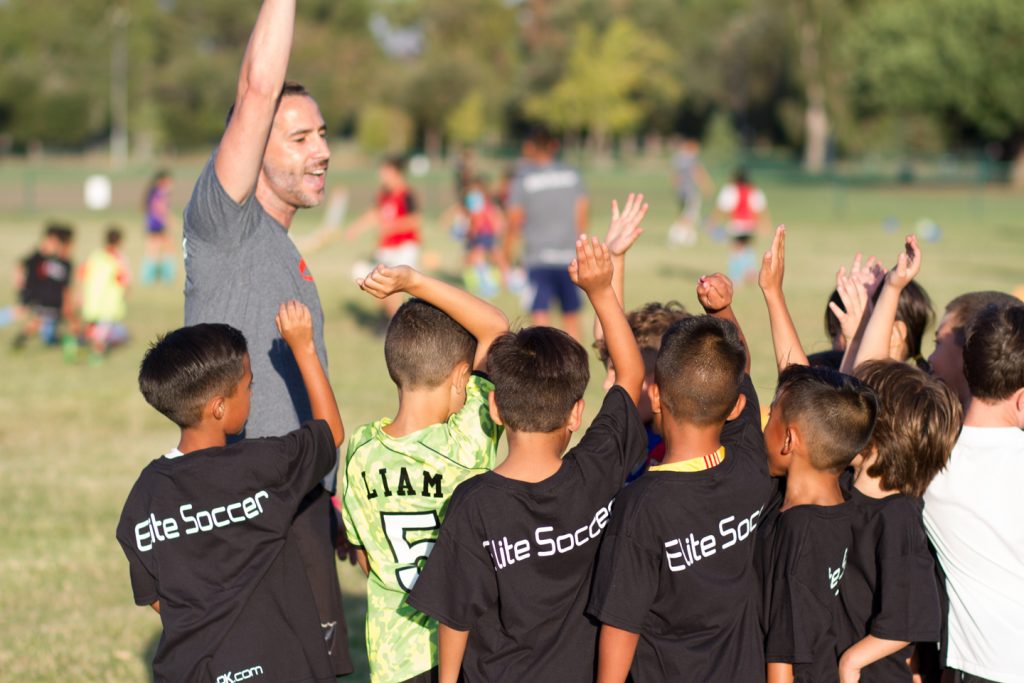
A coach does a lot more than just be motivational for the players. It is the role of the coach to observe and guide the child in at least two aspects: the child’s talents on the field and how the child interacts with their teammates. Since the coach looks after all the players, they have a much more detailed understanding of what is best for the team and how to get the most out of the team.
It is the coach’s job to work with the player on technical and tactical aspects of the game, giving the children a sense of accountability and responsibility. A coach will also provide certain instructions that they expect the players to follow, issuing some sort of disciplinary consequence if violated. Therefore, players will have to pay attention to the coach and work hard everyday. A competitive environment where teammates are also trying to meet a coach’s expectation will push all players to improve.
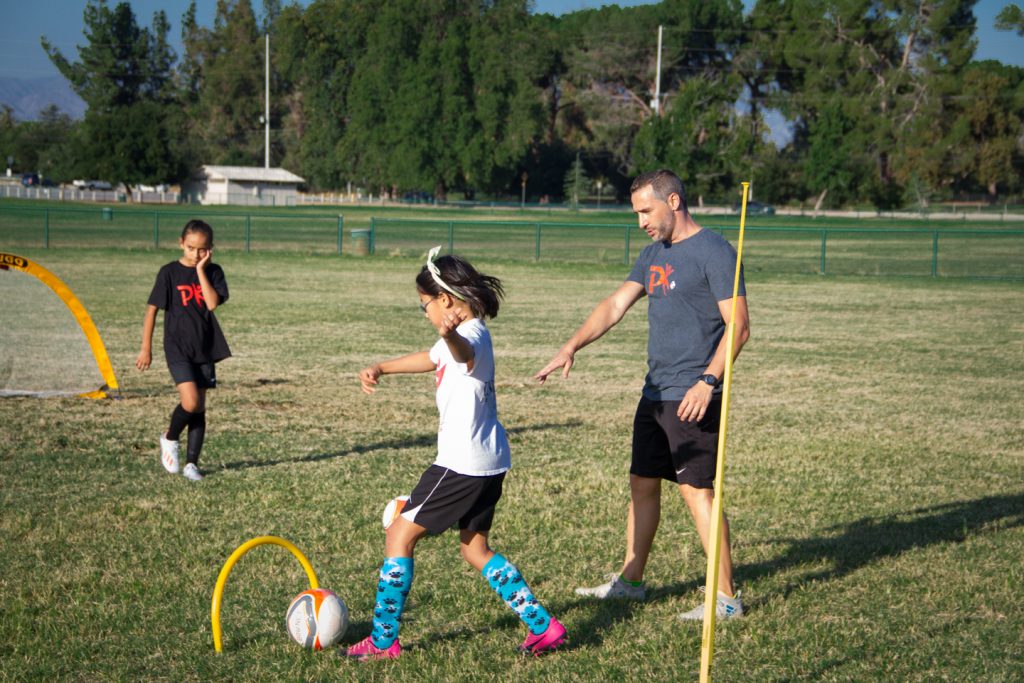
It is important to remember as a parent that you chose this coach for a reason and should trust them to do a good job. Certainly, there would be no point in paying to enroll your child with a coach only to regularly undermine their ability. Not only is this counterproductive, but may lead to a decline in the coach’s interest in coaching your child beyond the current year. Even worse, frequent interventions may ruin the entire experience for the child.
A helpful reminder for striking a balance: Don’t parent when you coach and don’t coach at home when you’re supposed to be parenting.

